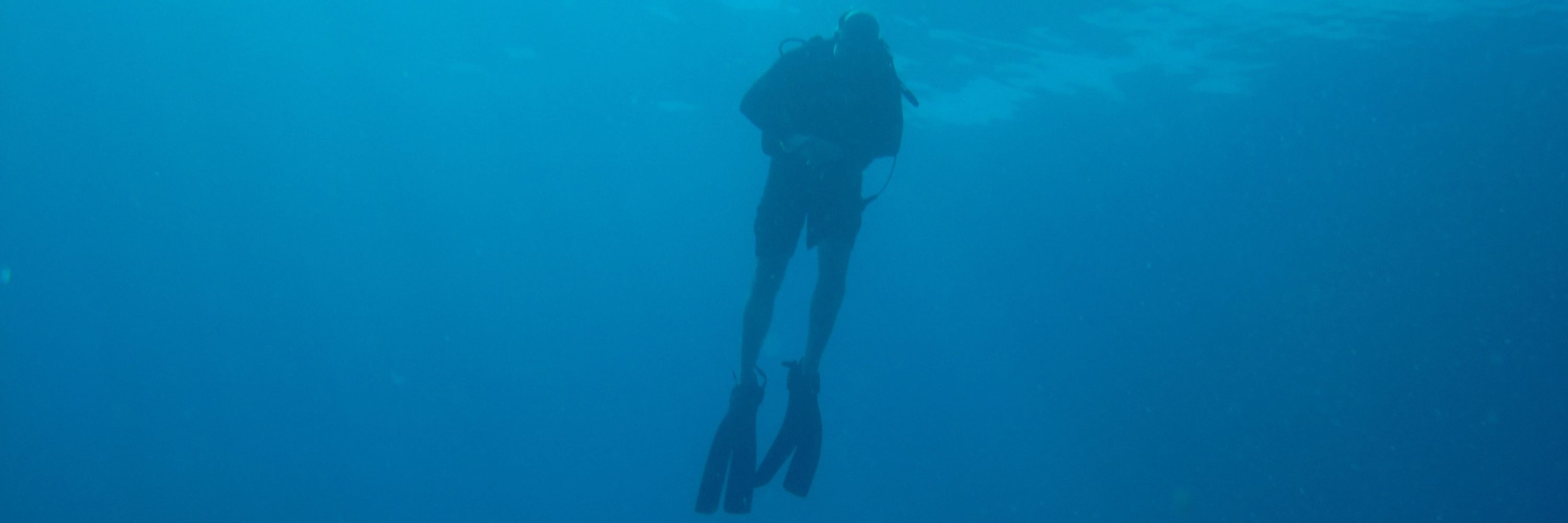
Where!?
I’m still trying to find it again
One of my all time favorite things to witness!
10/10 Standardized measurement protocols and improved meta-data could reduce size variation. Despite existing variations, egregious errors in published size measurements are rare, minimizing their impact on macroecological research.
9/10 Within-species variation in maximum size is smaller than interspecific variation at higher taxonomic levels. Significant variations exist and are partially explained by organism size, taxonomy, and habitat.
8/10 Pelagic organisms consistently show low maximum size range values, while small species with unspecified habitats exhibit the highest variation.
7/10 The likelihood of zero variation in maximum size decreases with more measurements and increases in larger species, though this varies across phyla and habitats.
6/10 Variation in reported maximum sizes is zero for 38% of species and low for most. However, it can exceed two orders of magnitude for some species.
5/10 We investigate how variations in reported maximum sizes relate to organism size, taxonomy, habitat, and skeletal structures, aiming to understand the causes and implications of these discrepancies.
